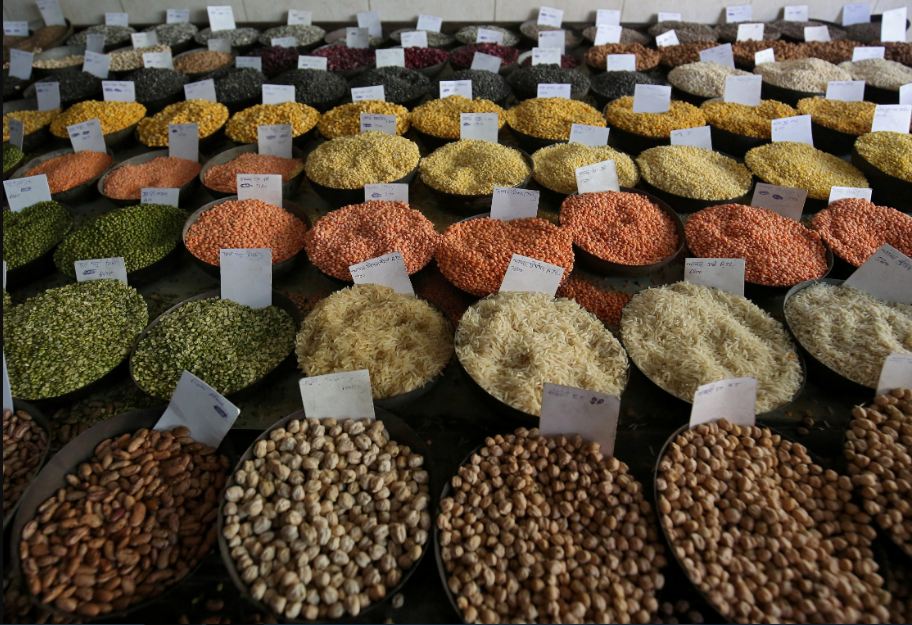India’s lentils imports from Canada keep flowing despite tensions
New Delhi (Reuters) – India has been receiving steady supplies of lentils from its top supplier Canada, which has helped the South Asian country to increase imports in the first 10 months of 2023, a senior government official told reporters on Thursday.
India imported 1.09 million metric tons of lentils, including 463,000 tons from Canada, during January to October, Rohit Kumar Singh, secretary of the Department of Consumer Affairs, said.
Canada is India’s main import source of lentils, a protein-rich staple used to make daal curry.
“No one has complained about any hassles or difficulties in importing lentils from Canada,” Singh said.
Indian buyers slowed purchases last month after ties between India and Canada deteriorated after New Delhi and Ottawa expelled each other’s diplomats following the murder of a Sikh separatist leader in the western Canadian province of British Columbia in June.
Prime Minister Justin Trudeau cited what he said was credible evidence of a potential link between Indian agents and the murder of Hardeep Singh Nijjar, a Canadian citizen, in a Vancouver suburb.
In recent weeks, buyers ramped up lentil purchases from Australia, scaling back orders from Canada due to concerns about potential government-imposed trade restrictions amid current bilateral tensions, said a Mumbai-based lentil importer.
“But, as ties have been improving, buyers are once again making purchases from Canada. We expect new crop shipments from Canada to arrive in November,” he said.
India consumes around 2.4 million metric tons of lentils annually, but local production falls short at 1.6 million tons.
Canada was the biggest supplier of lentils to India during India’s 2022/23 financial year ended on March 31, with shipments of 485,492 metric tons worth $370 million, accounting for more than half of India’s total lentil imports.
Prices of other key protein-rich pulses, such as chickpeas, pigeon peas, black matpe, and green gram, have risen in the past few months, according to government data.
Pulses prices will remain stable as there are around 4 million tons of stocks with the government, and imports are steady, Singh said.


